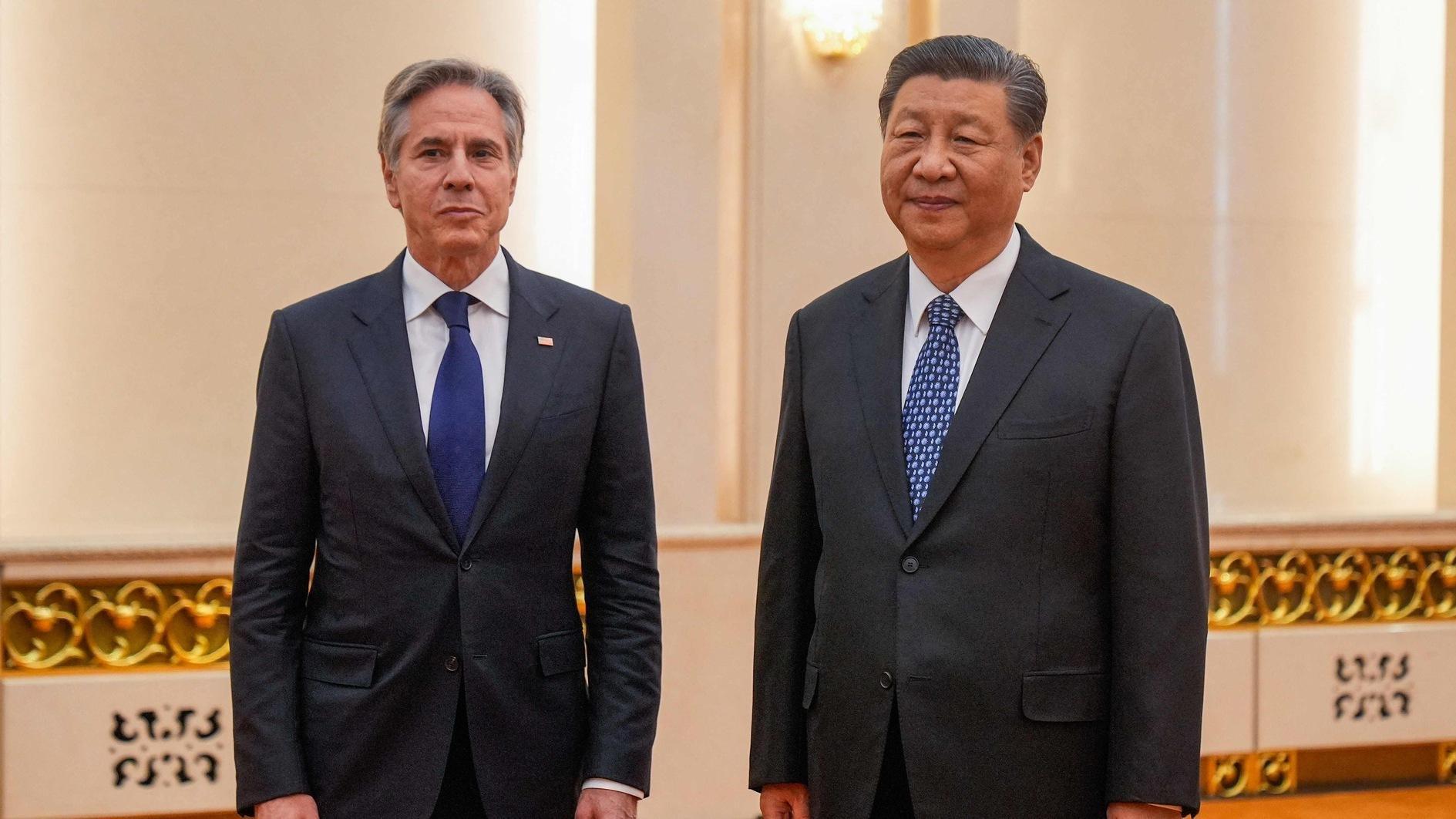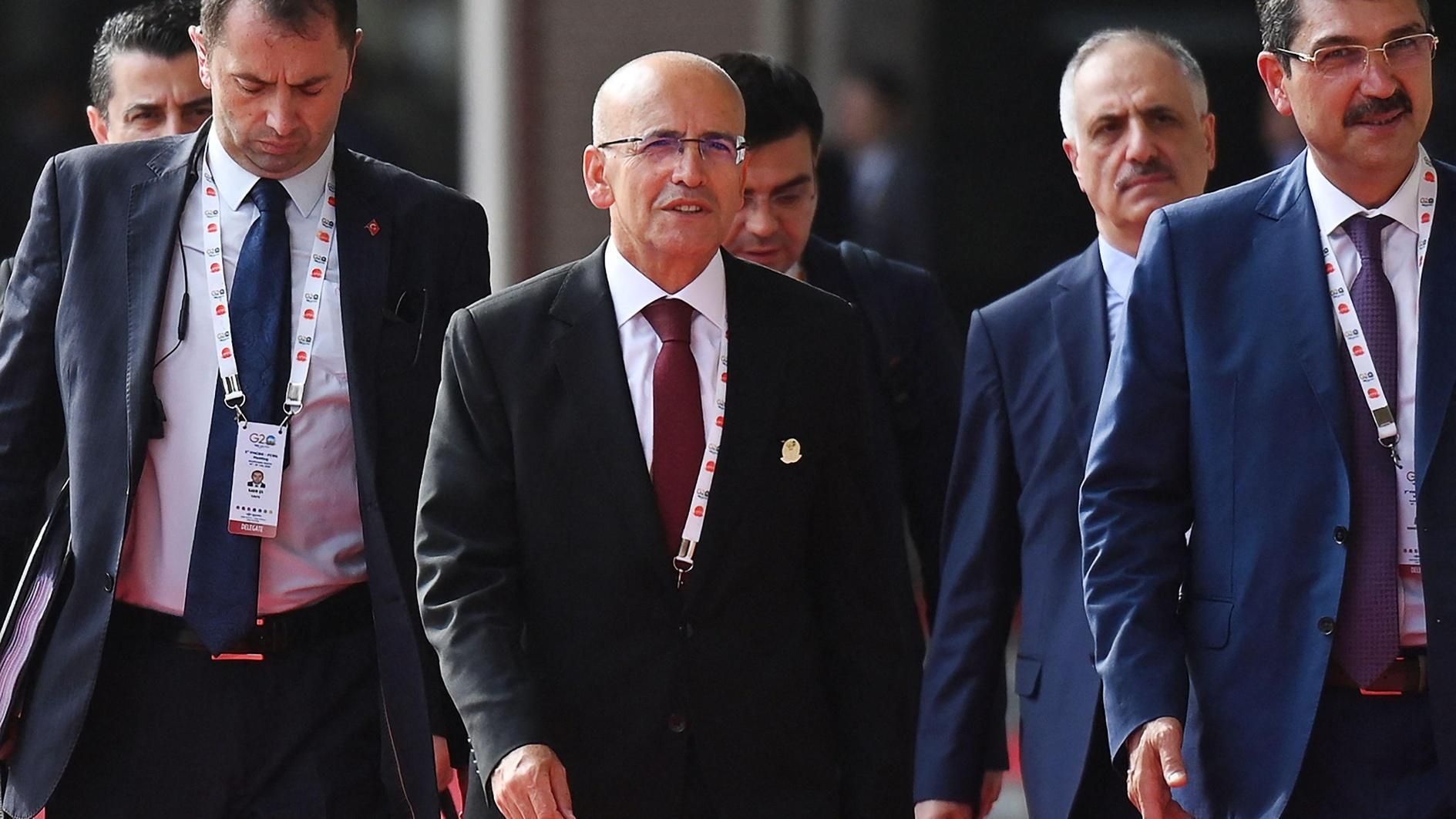Empowering Women
Asena Topçubaşı Yavaş*
Although studies in human rights gained attraction at a later date in Turkey, civil and political rights of women are regulated by law far in advance compared to many western European countries. During the first years of our republic, rulers had a vision of equality between men and women in every sphere of life.However, since 1934, we were unable to show any advancement. We can even say we have gone backwards regarding the role of women in our society. This is so visible, looking at the ratios of women parliamentarians, women bureaucrats in important positions and participation of women in social and economic life. Moreover, violence against women has unfortunately been rising. The loopholes in laws are used in favor of men who commit violence, with these men being able to benefit from a decrease in punishments.
It seems that society couldn’t internalize the laws; decision makers who came after the first years of our republic did not have the vision to improve women’s role in the society. A traditional way of life and low level of education supported the worsening of the situation.
Besides working on laws, to preserve and promote the vision of improving the role of women in society, cooperation to create awareness is needed. This includes training and improving communication between men and women during their early ages.
There is a lot to change. First of all, the mindset that sees women as only good for raising children and housework needs to be changed. Accordingly, early marriages should be prevented by laws and these laws should be supported by awareness-raising activities. Early marriage is one of the hindering factors against women’s participation in social and economic life. Many women who are subject to early marriages have to carry heavy burdens at very early stages of their lives, plus a lack of education resulting in a lack of self-confidence, willingness and internal power to initiate an economic activity no matter its scope. In connection, if compulsory education can be lengthened, women’s social inclusion and active participation in the economy will be supported. Most importantly, to empower themselves, women have to be present in economic life. However, without self-confidence, education, employment opportunities and the resources for entrepreneurship, it is difficult to take part in economic activities. Therefore special credits and supports should be founded, in addition to creating employment opportunities for women.
Empowering women economically will help them actively participate in politics
In order to be able to realize all these enchained policies, it is essential for politicians to cooperate, not only among themselves but also with NGOs. This could only be achieved by perceiving women’s human rights as a supra-political party issue. Besides acting as a single voice at the parliament, benefitting from the knowhow and experiences of women’s human rights NGOs, will contribute a lot to lawmaking on the issue. Accordingly, support for NGO projects by parliamentarians may have a broader impact.
Although legislative work is very important, it is the good application of those laws which shows we have tangible improvement. Implementation of laws should be supported through projects, awareness-raising and making society internalize the reforms through these projects. In order to do that, there is a need for solidarity and cooperation between politicians and civil society to empower women. Women parliamentarians especially have a lot of responsibility in realizing this.
*Asena Topçubaşı Yavaş is a human rights expert.











